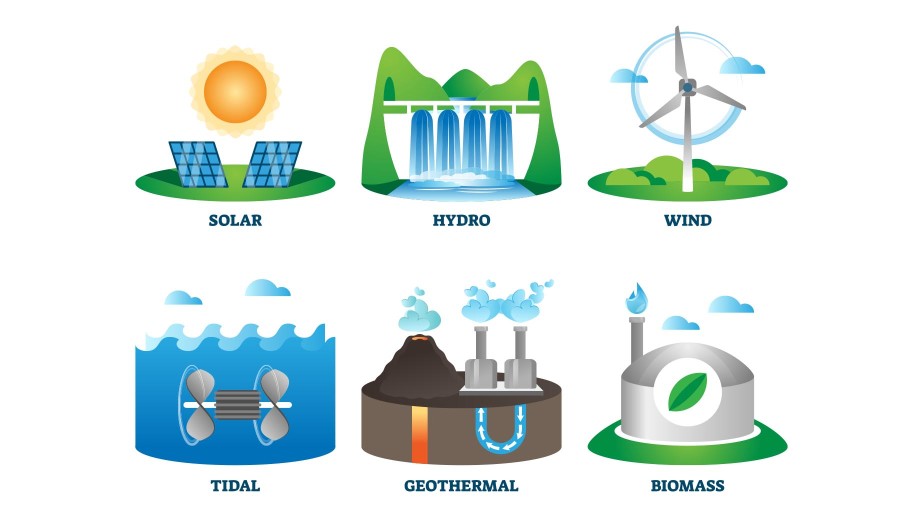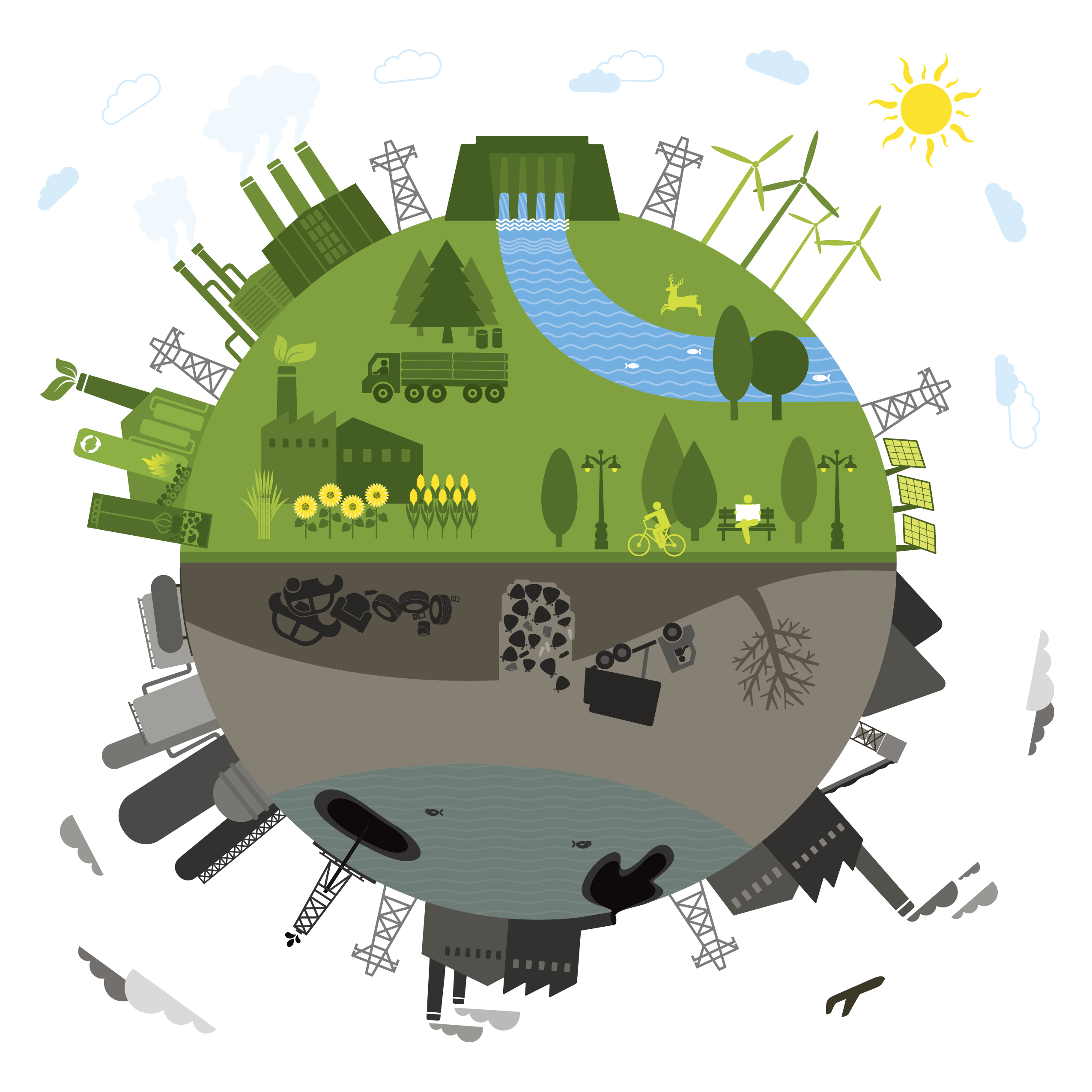Máte zapnutý náhled celé osnovy, zpět na běžné zobrazení.
Načítání a prohlížení osnovy může být v závislosti na množství obsahu pomalejší.
Organizational information
Details on the organization of the lectures are in the attached *.xls document.
|
ConsultationAnytime when agreed with the lecturer
|
1) Global successes and challenges - Human society development
 The first lecture will introduce students to the field of developmental issues. There will be shown what are the most challenging issues and what were the outcomes of the huge development project 8 Millenium development goals.
The first lecture will introduce students to the field of developmental issues. There will be shown what are the most challenging issues and what were the outcomes of the huge development project 8 Millenium development goals.
2) Environmental challenges I - Anthropocen, Biodiversity

- Anthropocene - Earth system shaped by human forces. Biodiversity loss is one of the "side effects" of the vast interventions of people to the Earth system (environment).
3) Environmental challenges II - Ozone depletion etc.
 There are many environmental issues (besides Biodiversity loss or Climate change) as a consequence of human activities. This lecture briefly introduces issues such as Ozone depletion, Ocean acidification, Nitrogen and Phosphorus consumption, Freshwater use and Land changes.
There are many environmental issues (besides Biodiversity loss or Climate change) as a consequence of human activities. This lecture briefly introduces issues such as Ozone depletion, Ocean acidification, Nitrogen and Phosphorus consumption, Freshwater use and Land changes.4) Environmental challenges III - Global Climate Change
5) Ecological basis of environmental studies
In this chapter, we will discuss basic ecological terms that are crucial for understanding the context of anthropogenic environmental issues. These are mainly the following areas:
- ecological stability, positive and negative feedback
- food chains and food pyramid
- types of population growth curves, their
sociological and environmental consequences
- development of ecosystems and life strategy
of organisms
- the importance of ecosystems' functions
- the relationship man - ecosystems
6) History of the Sustainable Development concept
This lecture will introduce you to the evolution of the concept of Sustainable Development as a reaction to environmental degradation. The brief journey through history starts in the Constitution of Iroquois Nations several hundred years ago and will end in the year 2030.
7) Environmental ethics
The first group will be types of anthropocentric environmental ethics, such as the Selfish-Prey Attitude and the Attitude of Noble Humanity. In the second group, there are types of non-anthropocentric ethical theories that we will discuss in more depth, including an introduction to their founders of thought:
- Albert Schweitzer - Reverence for Life
- Aldo Leopold - Land Ethics
- Peter Singer a Roderick Nash - Concept of Extended Rights
- Arne Naess - Deep Ecology
8) Environmental economy
 The curves of growing consumption of raw materials (not only coal, and oil, but virtually all other raw materials), greenhouse gas production, or a human population, while biodiversity is declining rapidly, point to the environmental crisis we are now facing. Many people identify with the need for sustainable development, for example by reducing CO2 emissions, developing renewable technologies, or increasing energy efficiency, in addition to including all externalities in the final price of products. However, a growing number of scientists, pointing to current trends in production and consumption, fear that all these efforts are odd to address the sustainability of life as long as the economic system is based on the assumption of sustainable growth. If we are serious about sustainability, then we must change the whole economic system.
The curves of growing consumption of raw materials (not only coal, and oil, but virtually all other raw materials), greenhouse gas production, or a human population, while biodiversity is declining rapidly, point to the environmental crisis we are now facing. Many people identify with the need for sustainable development, for example by reducing CO2 emissions, developing renewable technologies, or increasing energy efficiency, in addition to including all externalities in the final price of products. However, a growing number of scientists, pointing to current trends in production and consumption, fear that all these efforts are odd to address the sustainability of life as long as the economic system is based on the assumption of sustainable growth. If we are serious about sustainability, then we must change the whole economic system.
In this lecture, we will discuss both the shortcomings (and advantages) of the current economic system, as well as the possibilities for its improvement, which will minimize the negative impact on the environment.
9) Environmental aspects of Energetics
 A significant environmental dimension is characteristic for energy production. By its very nature, most of the energy used so far is sourced from the environment. In this lecture, we will mainly discuss the consequences of energy production from both non-renewables and renewables.
A significant environmental dimension is characteristic for energy production. By its very nature, most of the energy used so far is sourced from the environment. In this lecture, we will mainly discuss the consequences of energy production from both non-renewables and renewables.10) Environmental aspects of Agriculture
 Production of food and other industrial raw materials in agriculture together with
Production of food and other industrial raw materials in agriculture together with
the generation and disposal of relevant waste is one of the key environmental issues which
solution or at least mitigation of negative manifestations is associated with extensive
socio-economic context.
 Aims of the course
Aims of the course